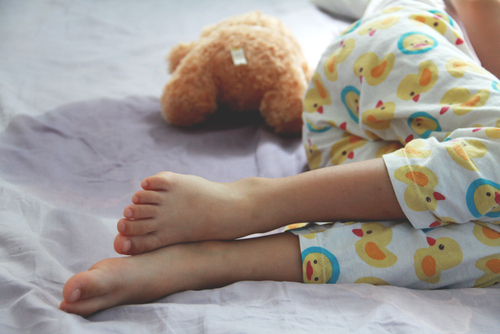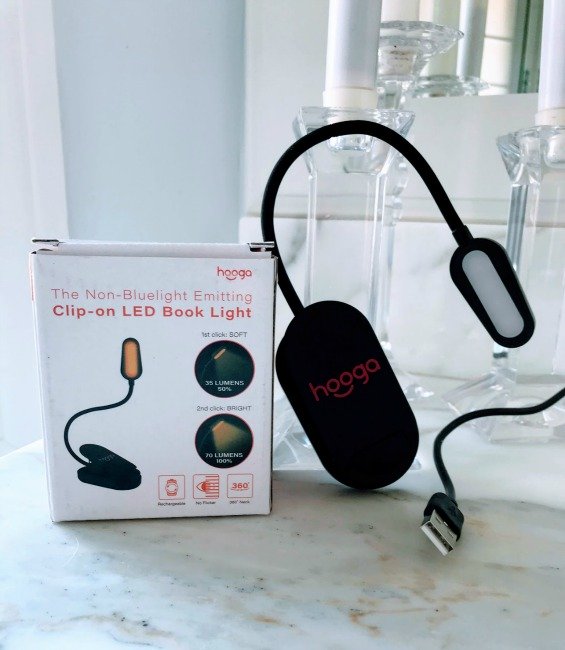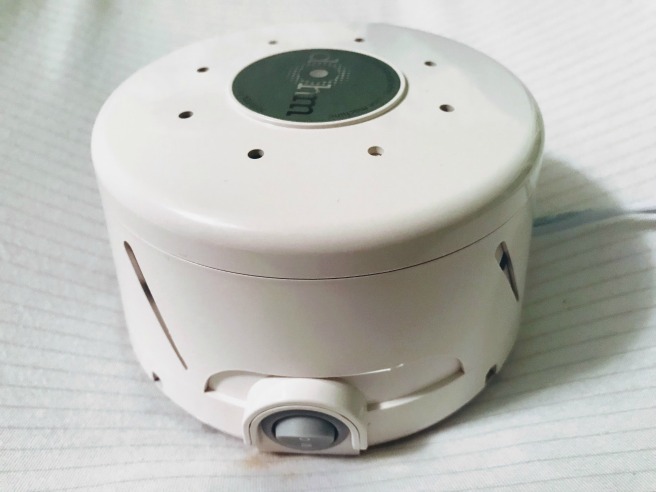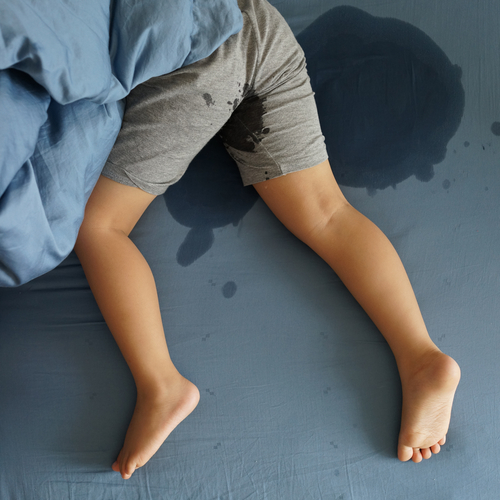Children Bedwetting
Children bedwetting can be disturbing for the child and of course an inconvenience for the parents.
According to WebMD, "About 40% of 3-year-olds wet the bed. Experts don't fully understand why one child continues to wet the bed and another doesn't. By age 5 or 6, 85% of children can stay dry."
Boys, rather than girls, seem to experience it more often. Limiting fluids in the evening, going to the bathroom before bedtime and waking up the child in the middle of the night to go are tactics that don't seem to work.
Causes of Bedwetting
A Strange Question
When our granddaughter went to see a pediatric otolaryngologist (a fancy name for an ENT) for enlarged tonsils one of the questions the office asked is if she was a bed wetter.
It seems that the enlarged tonsils or adenoids interfere with the quality of sleep and indirectly is related to childhood bedwetting.
Dr. Weissbluth, does write, "The most dramatic 'cures' of bed-wetting sometimes occur when enlarged adenoids or tonsils are removed. Now the child breathes easier during sleep, sleeps better, and becomes drier."

Another possible cause that a child bed wets is that they are very deep sleepers. So while other children respond to the urge to urinate and will get up and go to the bathroom in the middle of the night, these children are not woken up by a cue from their bladder.
Although it is helpful to limit fluids in the evening, many people do not see any improvement with this tactic.
Bedwetting Alarms
While waiting for your child to outgrow this sleep disorder, many parents invest in a bedwetting alarm.

The alarm is simply a sensor that sets off an alarm at the first sign of any moisture. The alarm wakes up the child so that he/she will go to the bathroom. However it does more than just wake up the sleeping child. The use of the alarm for some children can result in no more bedwetting.
The brain doesn't seem to like this sudden disturbance in the middle of it's sleep and results in a better controlled bladder and a dryer night ... which means better sleep for kids and better sleep for parents.
Some children after being dry at night will start bed wetting after experiencing some kind of stress whether it's at home, with friends or at school.
If this is a concern for you and your child discuss it with your child's pediatrician.

Get practical advice on how to fall asleep, stay asleep and to get deep sleep. It's free so sign up here:






Ancient Minerals Goodnight Magnesium Lotion
Please note that while I do receive commissions from some of the things promoted on this site, I recommend them because I feel they would be of benefit to you.
Advertisers/Affiliates have been hand-picked so that only quality products are recommended. I have used them in my own life and share them with you because that's what friends do.

